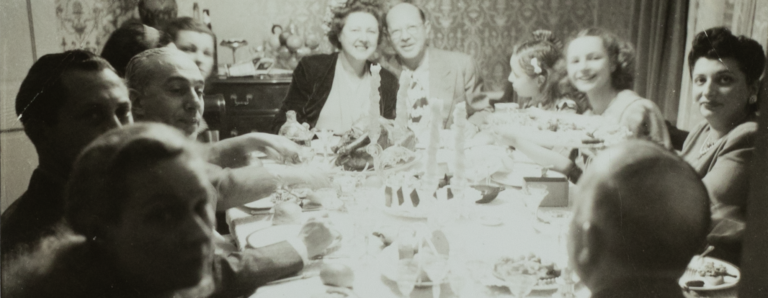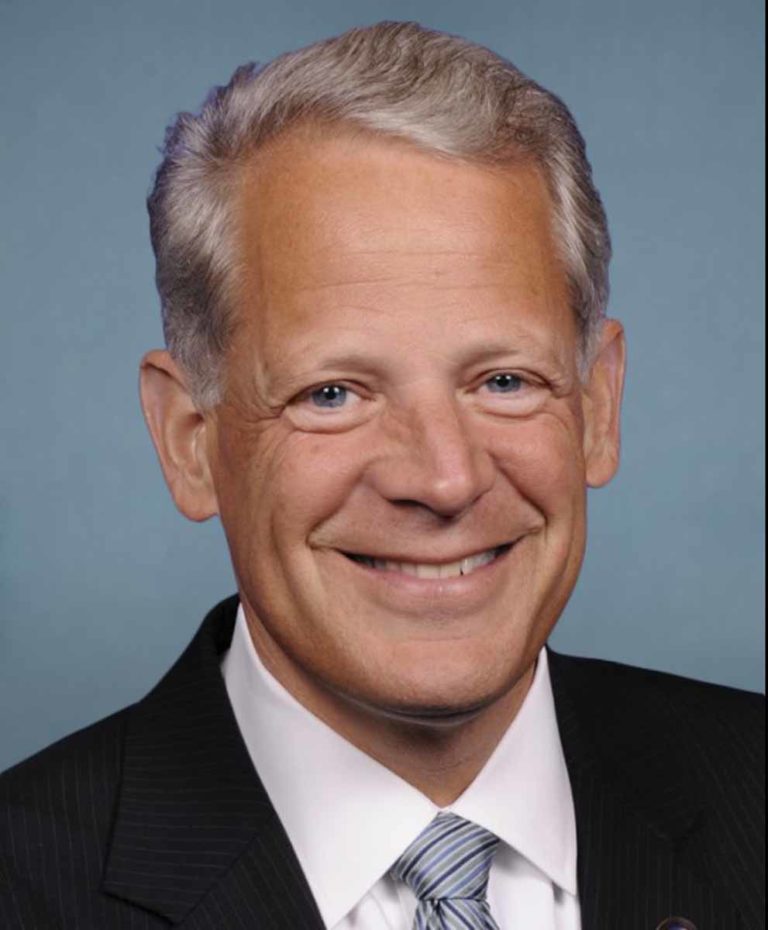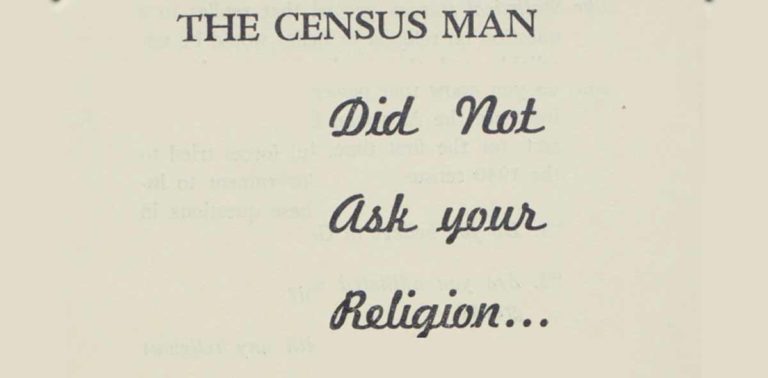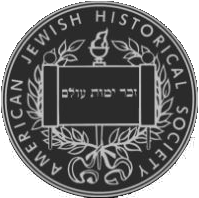AJHS is fortunate to be the home of a wonderful collection of sports memorabilia; while we have items documenting Jewish participation in professional and amateur basketball, football, hockey, and boxing, our collections are very strong in baseball artifacts. Most of these items are from the museum/object collection: bats and scrapbooks from Hank Greenberg, jerseys and a ball from Sandy Koufax, and a ball from Thelma “Tibby” Eisen of the Women’s League. But we also have an archival collection from an entirely different kind of sports hero, a man by the name of Moe Berg, who was better known for his service as part of the O.S.S. (Office of Strategic Service) then he was for his prowess on the ballfield. And unlike the other sports related material, the archival collection only has a few items about his career in baseball; the most compelling material is related to his wartime activities for American intelligence services.
Moe Berg was an alumnus of Princeton and Columbia, fluent in multiple languages, and supposedly read 10 newspapers every day. While he played for four professional baseball teams over the course of a 15 year career, baseball was secondary to his love of learning. America’s pastime often came in second in terms of his professional aspirations- on at least two occasions, he opted to skip spring training in favor of European travel and/or academic work. Berg also appeared on the radio trivia show “Information Please,” where he gave a stellar performance. He coached baseball later in this career; after 15 years as a player, he joined the coaching staff of the Boston Red Sox from 1940-1941.
Then, came the attack on Pearl Harbor, and like his colleague Hank Greenberg, Moe Berg decided to do his part for the war effort. For Berg, this meant first working for the Office of the Coordinator of Inter-American Affairs (OIAA), and then moving to the O.S.S. During his work for the O.S.S., he was stationed in Europe, participating in a number of missions all over the continent. He resigned from the O.S.S in 1946, post-war; the unit he was assigned to was the precursor to the modern day C.I.A Special Activities Division.
Berg seemed to flounder in his post-war life. In his last twenty years, he lived with various relatives, but didn’t pursue any meaningful work or hold down a job. He was still secretive about his time in Europe; he refused to write his memoirs for many years (he never completed them in his lifetime), and refused the Medal of Freedom, awarded to him by Harry Truman. The award was later accepted posthumously by his family, and there is correspondence in the collection from a family representative to AJHS stating that Berg would never say why he refused the Medal. He went to his grave with that detail, the last secretive act of the catcher who was better known for his mysterious life rather than his baseball skills.






